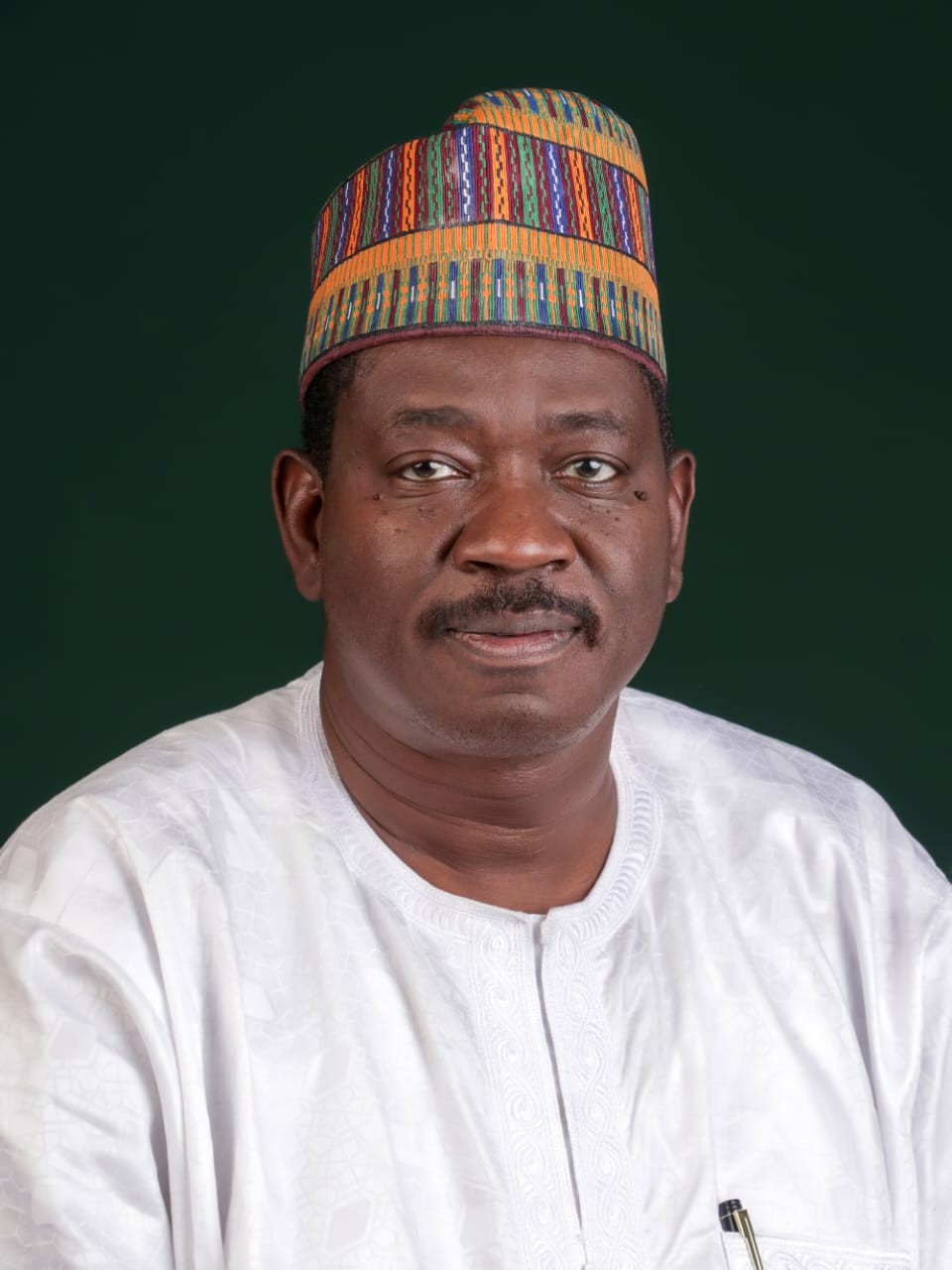Presidency Reaffirms Commitment to National Dairy Policy, Targets Food Security and Economic Diversification

The Presidency has reaffirmed its unwavering commitment to the full implementation of the National Dairy Policy Implementation Framework, a key component of President Bola Tinubu’s Renewed Hope Agenda aimed at achieving food security, economic diversification, and shared national prosperity.
Speaking at the National Dairy Policy Validation Workshop in Abuja, the Special Adviser to the President on Livestock Development, Prof. Attahiru Jega, emphasized that the dairy industry goes beyond milk production, describing it as a driver of livelihoods, nutrition, empowerment, and opportunity.
“With effective implementation, this policy will empower our farmers, create decent jobs for youth and women, and reduce our dependence on imports,” Jega stated. “This policy is about people — about jobs, nutrition, and dignity. Together, we can build a dairy industry that feeds the nation and sustains the Renewed Hope of every Nigerian.”
Represented by Prof. Demo Kalla, Director of the Dairy Research and Development Centre, Abubakar Tafawa Balewa University (ATBU), Bauchi, and member of the Presidential Livestock Reforms Implementation Committee, Jega noted that the framework, anchored on 11 strategic pillars, marks a bold step toward modernizing Nigeria’s livestock sector.
He commended the Federal Ministry of Livestock Development, in collaboration with the Federal Ministry of Industry, Trade and Investment and other key stakeholders, for their leadership in refining and validating the framework, describing it as “a decisive step toward a sustainable and inclusive dairy economy.”
At the core of the policy, he explained, is institutional strengthening—a longstanding challenge in Nigeria’s agricultural sector. The framework, he revealed, proposes the establishment of two critical institutions: the National Dairy Development and Milk Marketing Board to coordinate value-chain activities, and the National Dairy Development Fund (NDDF) to provide innovative and sustainable financing for the sector.
“These twin institutions will anchor coherence, accountability, and innovation in Nigeria’s dairy transformation journey,” Jega added.
He further urged the government to provide policy leadership while enabling the private sector to drive growth, innovation, and investment. Citing successful dairy reforms in countries such as India, Kenya, Rwanda, Uganda, and Ethiopia, he said Nigeria must adopt global best practices through cooperative development and strategic government support.
Jega also highlighted the importance of data-driven decision-making, import substitution, and quality assurance systems to eliminate substandard imports, strengthen local value chains, and ensure consumer safety.
“We must promote backward integration and empower our farmers, processors, and researchers to lead Nigeria’s drive toward self-sufficiency,” he concluded, aligning his call with the implementation of Executive Order No. 5 on Local Content and Innovations.





